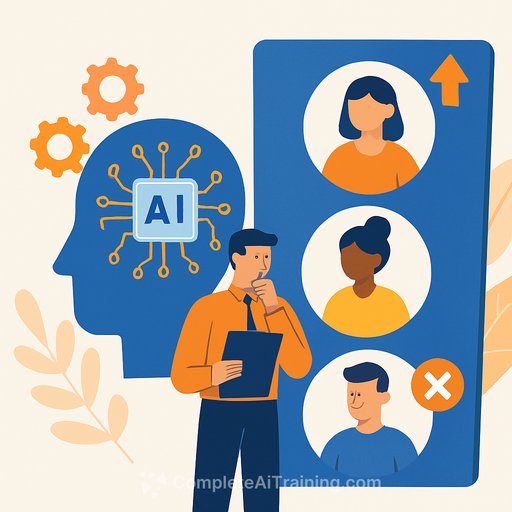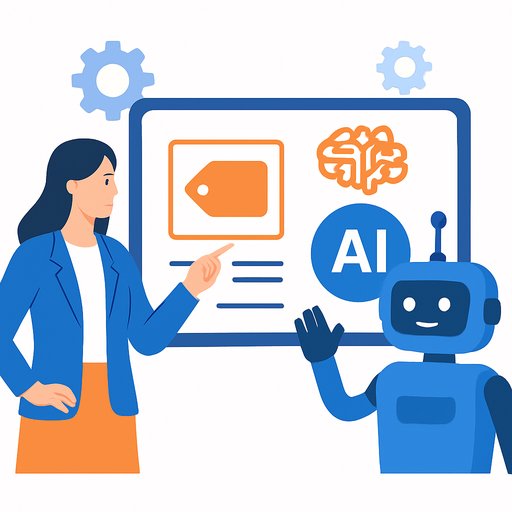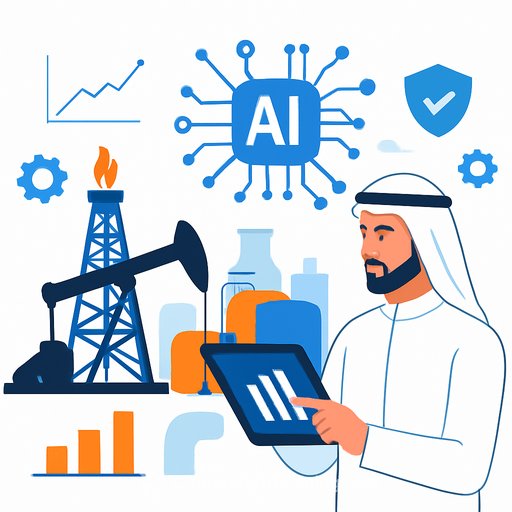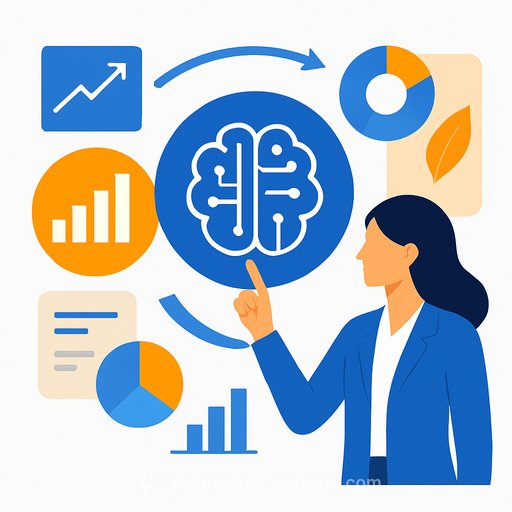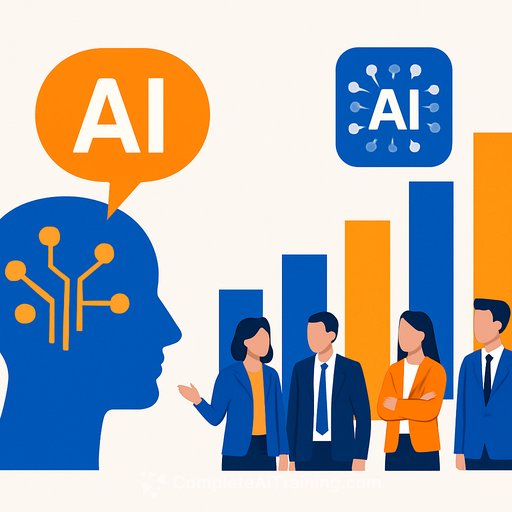AI Is Now Influencing Raises, Promotions, and Layoffs
Artificial intelligence is no longer just a tool for streamlining workflows. It’s increasingly involved in making critical personnel decisions. A recent survey of 1,342 U.S. managers by Resume Builder found that 60% use AI tools to assess their direct reports. More notably, many rely on AI when deciding on raises, promotions, and layoffs.
AI’s Growing Footprint in Management Decisions
Managers are turning to AI platforms like ChatGPT, Microsoft’s Copilot, and Google’s Gemini to support these tough calls. ChatGPT leads the pack, with 53% of AI-using managers naming it their preferred tool. Nearly 30% favor Copilot, while 16% lean on Gemini.
However, there’s a glaring gap: two-thirds of these managers admit they have not received training on how to use AI responsibly in managing people. This raises concerns about over-reliance on technology that lacks human qualities like empathy and context.
The Risks of Relying Too Heavily on AI
AI can process data quickly, but it cannot replace human judgment. It reflects the quality of the data fed into it, which can be biased or incomplete. Stacie Haller, chief career advisor at Resume Builder, stresses the importance of maintaining the human element in management. “People management” means understanding individuals, something AI alone cannot do.
These concerns have led to legislative efforts. In California, the “No Robo Bosses Act” was introduced to ensure AI does not make employment decisions without human oversight. State Senator Jerry McNerney emphasized that AI should remain a tool controlled by humans, not the other way around.
Impact on Entry-Level Jobs and Hiring
Generative AI tools have also affected the job market, especially for entry-level white-collar roles. Recent graduates face tougher competition as AI automates tasks and generates resumes at scale. LinkedIn reports a 45% increase in applications over the past year, now reaching an average of 11,000 submissions per minute.
Managers are dealing with an influx of AI-generated resumes, complicating the hiring process further. While AI can help organize and analyze data for performance reviews, it’s crucial to avoid outsourcing complex decisions like “Should I fire Steve?” entirely to AI.
Practical Steps for Managers Using AI
- Get proper training on how to integrate AI into people management effectively and ethically.
- Use AI to support data-driven insights, but maintain final decision-making authority.
- Be aware of potential biases in AI outputs and scrutinize recommendations carefully.
- Keep communication open with your team to ensure transparency and trust.
For managers looking to deepen their understanding of AI tools and how to apply them responsibly, exploring targeted training can be valuable. Courses on platforms like Complete AI Training offer practical guidance tailored for professionals navigating AI in the workplace.
Your membership also unlocks:

